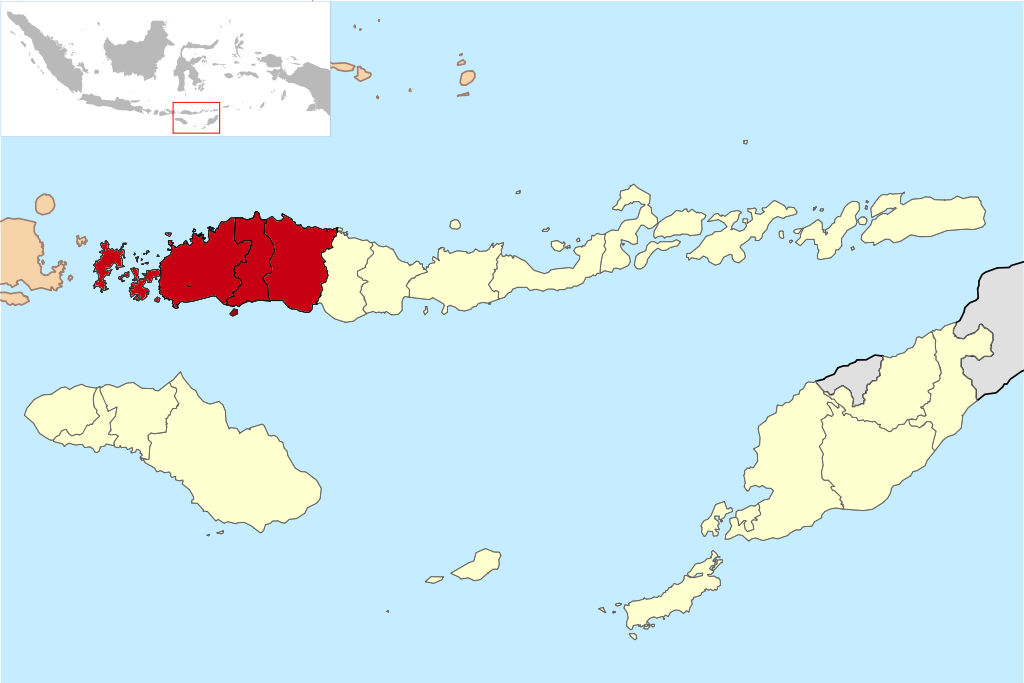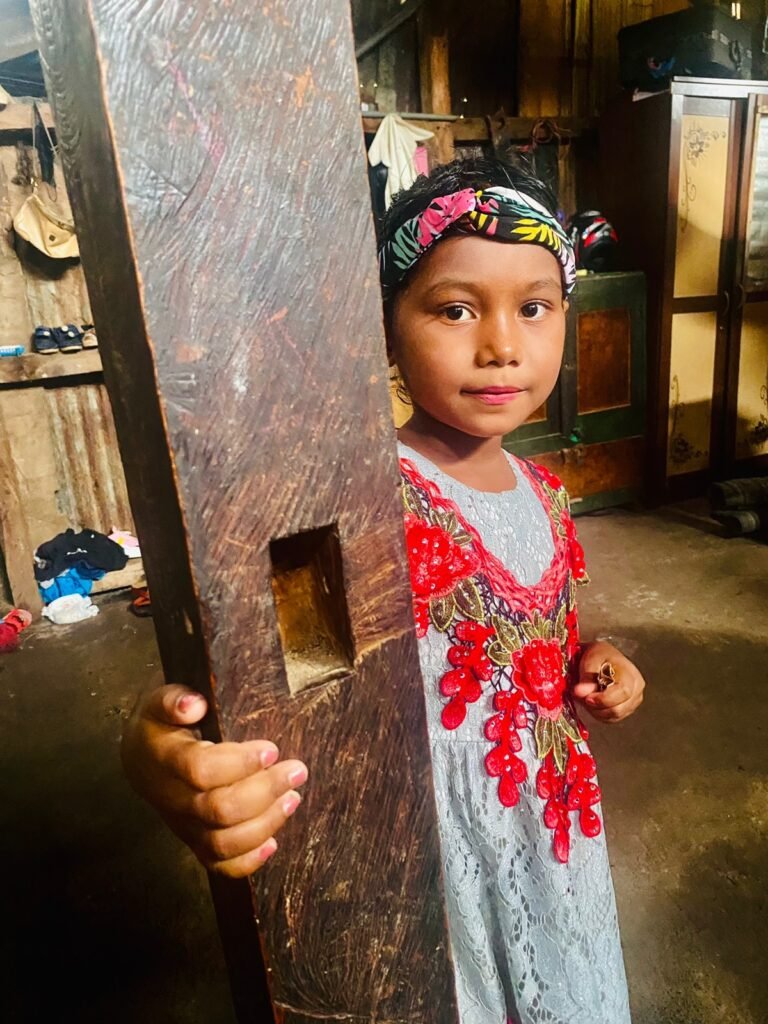HISTORY

Visioncy Global Nusantara agency is linked to the territory of Flores, especially to the Manggarai region.
The Maggarai region is located in the Indonesian province of East Nusa Tenggara, on the island of Flores. With an area of 7136.4 km², the region represents almost one-third of the island of Flores. It is the home of the 725,000 people of the Manggarai ethnic group. Their language, which is also called Manggarai, is a member of the Austronesian language family and has 47 sub-dialects. The island of Flores is extremely mountainous, with peaks that rise to over 2,000 meters and a number of active volcanoes. The climate is tropical, with little daily variation in temperature. However, there is a marked division between wet and dry seasons.
Before the Dutch colonized Indonesia, the local residents relied solely on unplanted crops and livestock for their resources. According to a Kompas article from 2012, the Dutch were the pioneers of coffee cultivation in the region. They introduced coffee to the eastern part of Flores, where they first established their administration and later expanded to other areas. The Dutch focused their efforts on the highlands of Manggarai, specifically in the town of Ruteng, as the area’s favorable climate made it suitable for coffee cultivation. Since the late 1920s, coffee has been a staple crop in the Manggarai region, a legacy from the Dutch colonial era. Today, coffee remains a beloved product for the people of Manggarai.
For the Manggarai community, coffee holds a significant place in their culture and is consumed in a variety of settings, be it informal or formal gatherings. The tradition of hospitality is deeply ingrained in the culture and coffee is offered to anyone who visits the village, including foreign visitors. Additionally, coffee also has a spiritual significance and is used for fortune-telling through Tasseography – or Toto Kopi. The drink is not just limited to its historical relationship with society but holds a profound spiritual connection with the Manggarai people, who see coffee as a symbol of life.
The cultivation of coffee in Manggarai is closely tied to their cultural customs, and traditional rituals are still practiced by the community. The farmers of Manggarai coffee hold strong values and beliefs rooted in their culture, which deeply influences their philosophy of life. Hence, they uphold the traditional rites and customs associated with Manggarai culture, making coffee an integral part of their cultural heritage.

Kafe de Flores aims to enhance the tangible and intangible heritage of the region in order to create a link with its audiences and capitalize on the local clientele. It will support the well being of the Manggarai people and its coffee producers. It will be a place of exchange for these inhabitants. Our Kafe de Flores and ecotourism projects will create an economy within the Manggarai region.
We want to support the habitants from these areas and help them in their daily life: supporting children’s education, by providing school materials, giving them shoes, offering school buses, etc., supporting accessibility, by offering solutions to facilitate daily work, supporting access to energy, by providing the technology to use solar energy or compost bin that creates energy, supporting access to clean water, to through fundraising, and other daily needs.
We aim to bring essential technology to the region to improve the lives of the people there. Our expertise in this field allows us to offer valuable support and knowledge to the local community. To ensure we are as effective as possible, we will maintain close relationships with the residents through ongoing engagement and support.